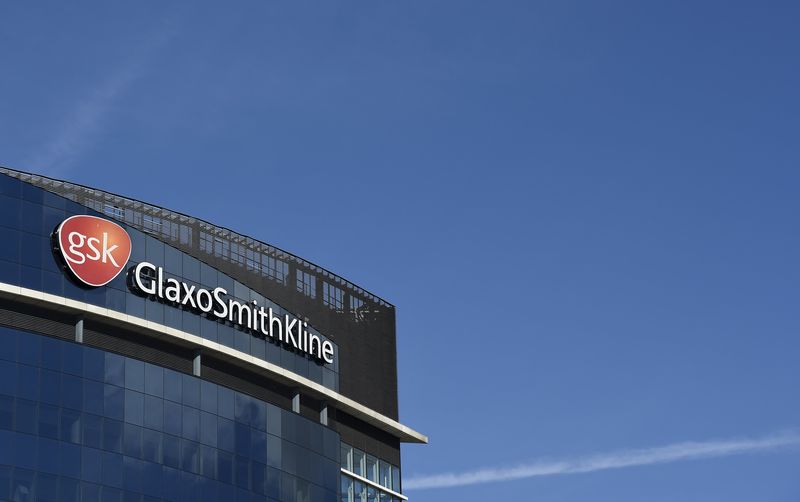By Ben Hirschler
LONDON (Reuters) - A break-up of GlaxoSmithKline (L:GSK) is not something that is being considered "at all" at present, the chairman of Britain's biggest drugmaker said on Thursday.
Philip Hampton, who became chairman a year ago, told GSK's annual meeting that the focus was on boosting the performance of the group's consumer division, which sells products ranging from headache pills to toothpaste.
The pharmaceuticals group is in the process of seeking a new chief executive and is under pressure from some shareholders to examine a spin-off of its consumer health business.
Hampton said the board would consider the future of the consumer unit only after GSK had improved its profitability.
"When it is performing to its maximum potential we can think about whether there are other opportunities for the business and whether the current structure helps or hinders those sorts of things. But for the moment it is not something that is being considered at all," he said.
Current CEO Andrew Witty will retire in March next year and a successor is expected to be named towards the end of 2016. Both internal and external candidates are being considered and the choice of CEO is seen signalling GSK's future direction.
Hampton told Reuters after the meeting in London that GSK would only look at candidates who were "very seriously in the healthcare sector". He declined to say whether an internal or external appointment was most likely.
"The dynamics around it are pretty obvious," Hampton said. "You know your internal people better, warts and all, the external people you know less well. Normally when you pick an external personal it's to introduce the potential for more change, but with more change comes more risk."
Witty, a 31-year company veteran, is stepping down after leading the drugmaker since 2008.
GSK's $9 billion-a-year consumer business has been expanded significantly under his leadership following a complex asset swap with Novartis (S:NOVN), which closed last year.
The broadening of GSK's base comes at a time when the rest of the pharmaceutical industry has been seeking greater focus. Critics, including top-10 shareholder Neil Woodford, argue GSK would do better by focussing on prescription pharmaceuticals.
Others, however, support what Witty has done and like the way steady consumer product sales offset volatile pharmaceuticals, where clinical trial upsets, patent fights and reimbursement arguments can derail expectations.

Hampton said he was ready to look at the group's structure with an open mind, but only when the time was right and GSK had made the necessary improvements to its enlarged consumer health operation.